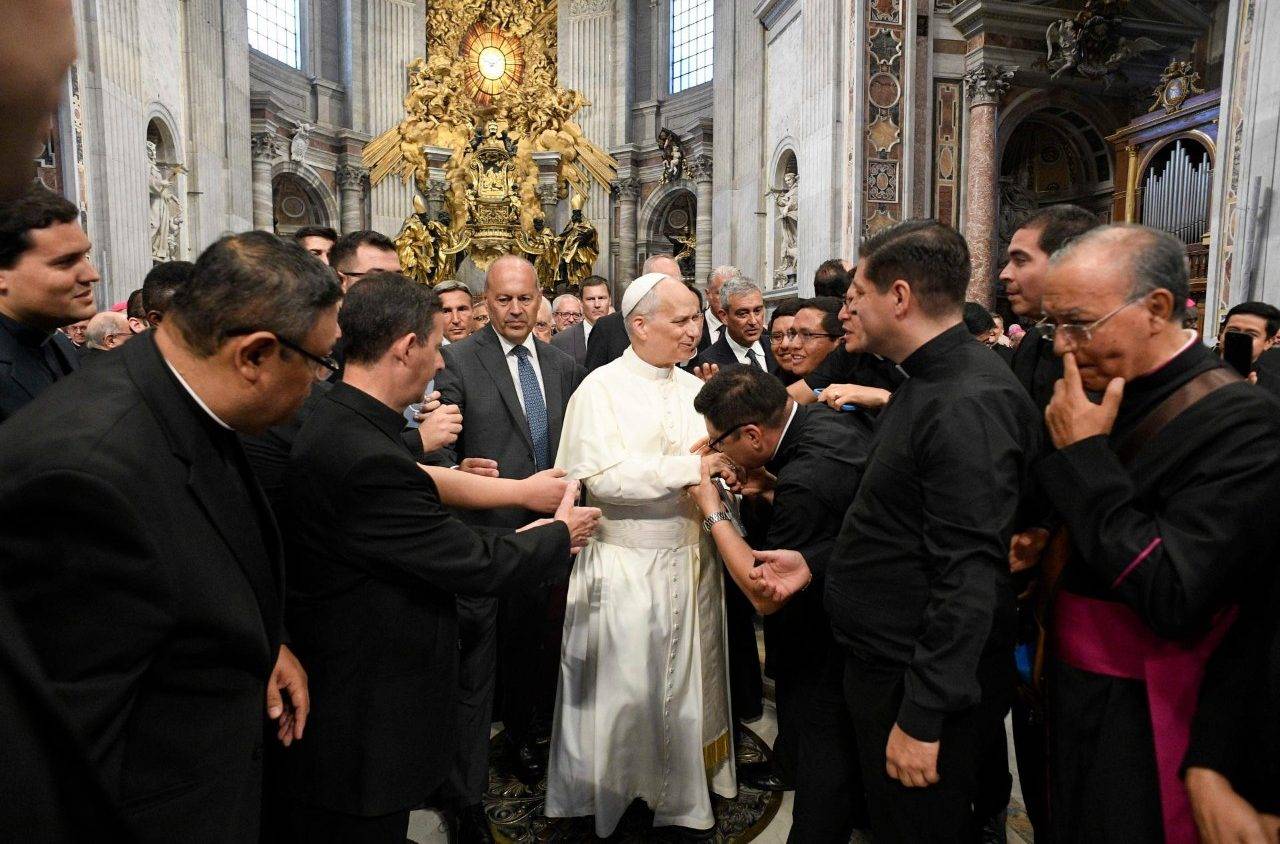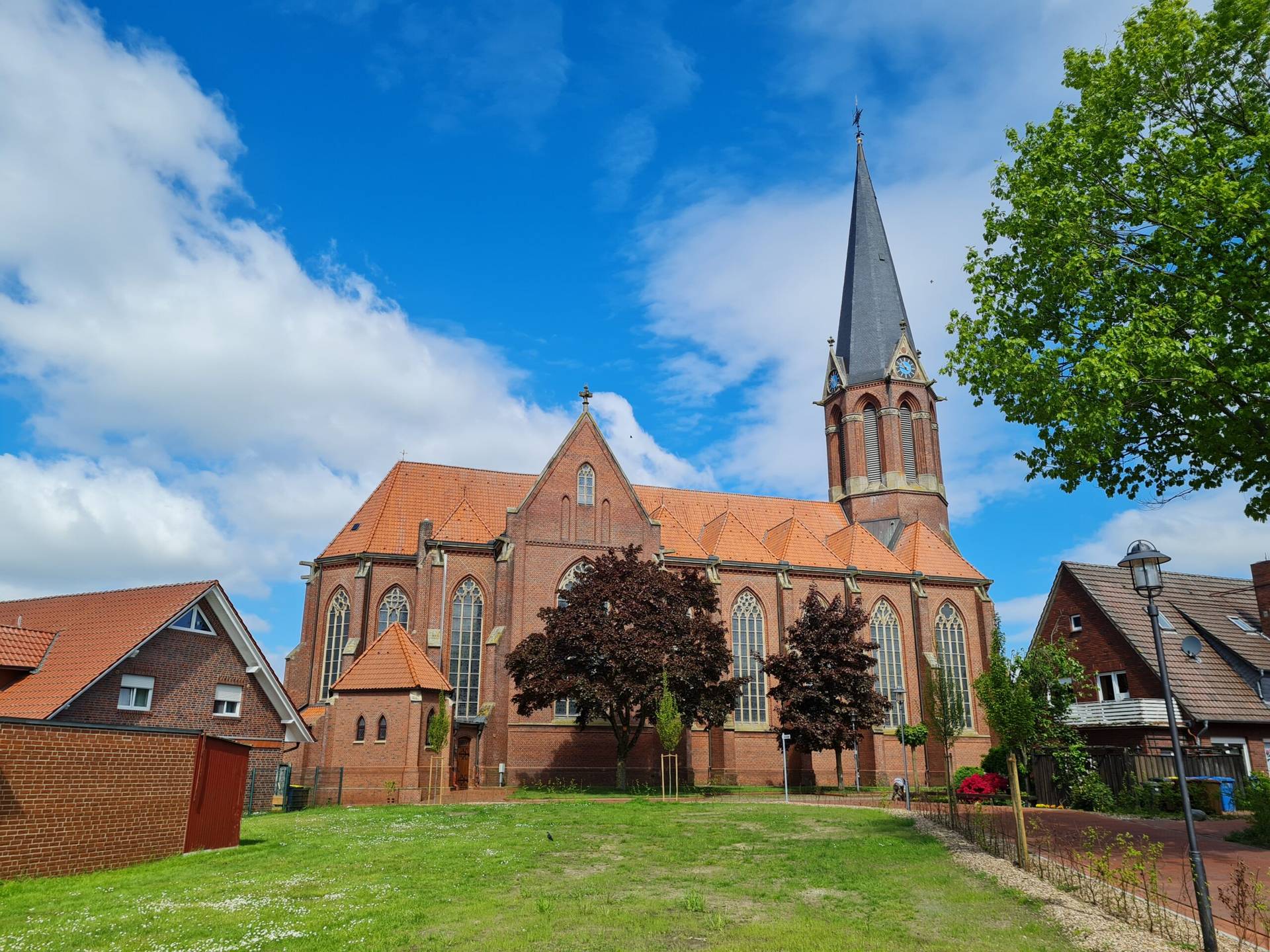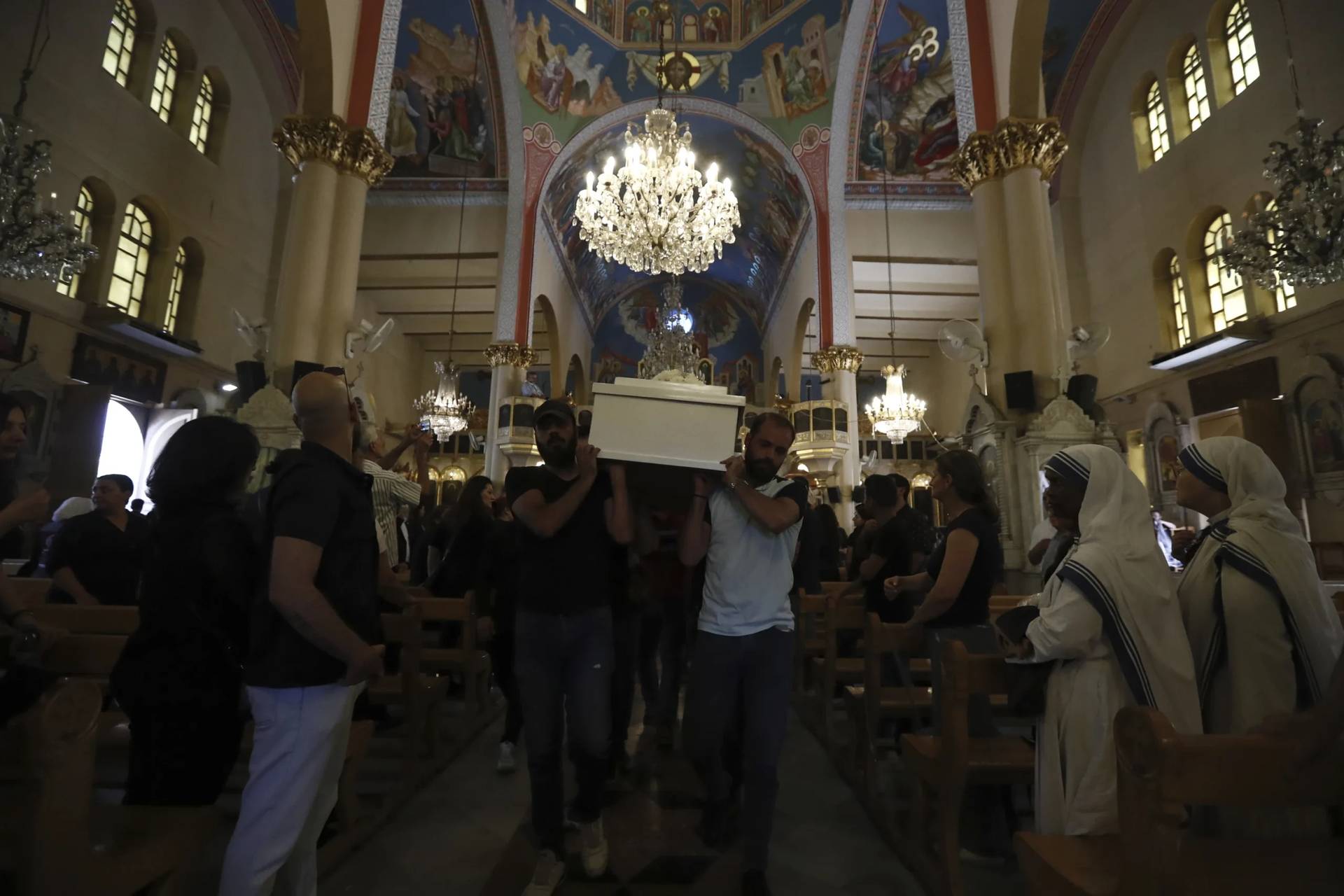[Editor’s Note: Michael Griffin is Senior Vice President of Holy Cross College. Located in Notre Dame, Indiana, the college is operated by the Congregation of the Holy Cross, the same religious order which also operates the larger University of Notre Dame. The town is also home to St. Mary’s College, operated by the Sisters of the Holy Cross. Charles Camosy spoke to Griffin about the college and the role of Catholic higher education in the United States.]
Camosy: Many readers who know of Holy Cross College (perhaps from watching the movie Rudy) may have an outdated view of the school. I’m a proud alum of Holy Cross College, a place that set me on my own academic path, but that was way back in 1993. What has changed at Holy Cross College in recent years?
Griffin: I think the biggest change in recent years at Holy Cross is a deepening of our connections with Notre Dame and St. Mary’s as part of this unique tri-campus in Notre Dame, Indiana.
I often say that 46556 is one of the most interesting zip codes in Catholic education. Students at each school are constantly participating in events, clubs, classes on the other campuses. And we each have something unique and awesome to offer. The Holy Cross niche involves the combination of a robust, all-in Catholicism with a very personal environment of small classes and lots of mentoring.
I have great memories of being in graduate theology seminars with you at Notre Dame, and was very excited when I saw your promotion from theology professor to senior vice president of the college. How does your background in theology, and particularly Catholic moral theology, contribute to your vision of what Holy Cross College is and where it is heading?
When our new president, Father David Tyson, asked me last year to join the administration last year, I actually thought of grad school with pals like you. And thought: how did that prepare me to be a Senior Vice President?! But then I realized that those moral theology seminars, gathering around a table diving into the big questions facing the Church and the world – so that we can get out there and do something about it – that’s the very point of Catholic education!
So, I have tried to bring my passion for that, inviting others with far more business and financial talent than I to join their expertise to our mission.To make Catholic education work today, we’ve got to be creative, scrappy, and compelling — it ain’t 1950 anymore when everyone just comes to us. But I am finding that making the mission work in challenging times is a lot of fun!
Can you say more about the curriculum at Holy Cross College? My sense is that it challenges students in ways which are quite unique when compared to the programs at other similar colleges.
Our Core Curriculum at Holy Cross is framed around 4 formation goals — yes, a curriculum with formation goals! They are to help students become: scholars, leaders, citizens, and disciples. I wanted that last one to be saints (our sports name), but Father Tyson rightly said it was a tad premature! A lot of colleges are reducing their cores, to give more choice and specialization. But we just increased ours – more liberal arts, more practical engagement – like our required “Common Good Seminar and Practicum” that all sophomores complete. The formula: Gathering around a table talking about the big issues facing the Church and world, and then going out and doing something about it.
Part of what I love about Holy Cross College is that you are explicitly reaching out to students who are marginalized by typical assumptions of higher education. Can you say something about the diverse range of students the college serves?
At this moment in history, I am so proud that we were one of the first Catholic colleges in the country to provide scholarship assistance to undocumented students. We call them San Juan Diego Scholars. In the last 10 years, their average GPA is over 3.5 and a few years back, our Valedictorian revealed in his speech at graduation that he was undocumented. Powerful. And in general, we have a diverse student body that really exudes one of the charisms of the Holy Cross order: hospitality.
We also are willing to give a chance to a student who may not have the top scores often associated with “private” colleges, but who does show the grit necessary to work hard and go to the next level. It’s actually one of the ways we can be of mutual benefit with Notre Dame: Providing a confidence-building, mentor-laden environment to some students who will then move across the street. Most students will stay here but also in their own way take it to “the next level” because we gave them a chance.
Higher education in general has a sense that we may be facing a moment of transformational crisis, and smaller Catholic colleges are already confronting profound challenges. My non-expert view is that most Catholic colleges are going to have to embrace their Catholic identity — not run away from it, perhaps in pursuit of US News rankings — in order to survive the coming transformation. But what’s your view?
Absolutely. Look, there simply is no point (nor excitement) in a small college like us existing if we do so apart from the Church. There are plenty of fine schools out there who can do a nice job instilling what I might call (to use a term from our moral theology seminar days) the natural reason needed for jobs today. And Catholic colleges for sure have to do that, too — but we have to do more. We have to show the unity of reason and faith, science and religion, career and vocation, the world and the Church. Closing those gaps is exactly what is needed today.
Research is showing that one reason some young people leave the Church is because science and tech seem “smarter” and “opposed to religion.” People! A Catholic college is the place where students can un-learn the false dichotomies of today and re-learn the integration that is at the heart of the Catholic intellectual tradition. And within the Church, a Catholic college like Holy Cross can deconstruct the most dangerous dichotomy of all: Liberal and conservative.
We can form students and ourselves into a life deeper than these categories, a life where one week our students are at the March for Life and the next week marching downtown in support of the Dream Act. That’s what I mean by all-in Catholicism, and that’s a reason to exist!














